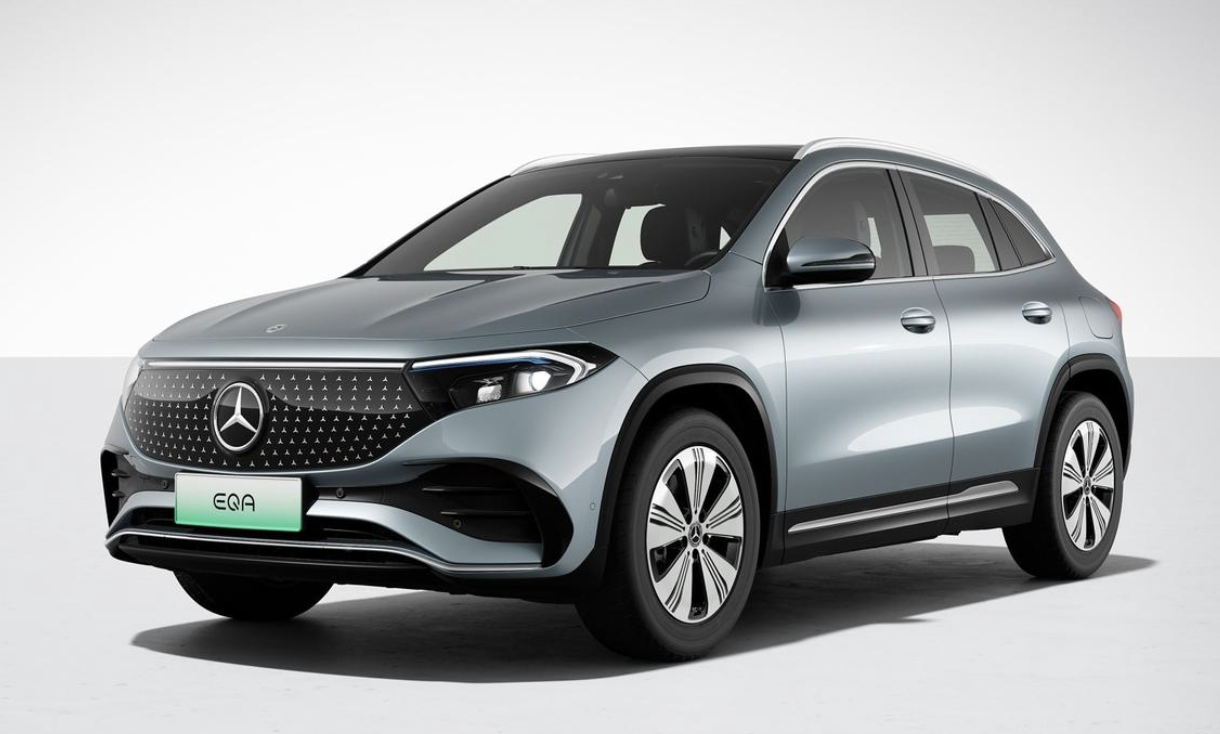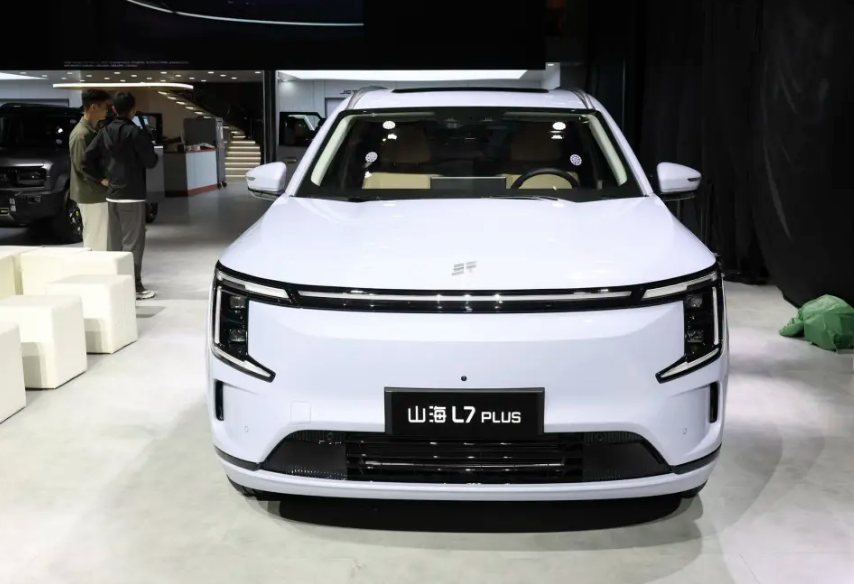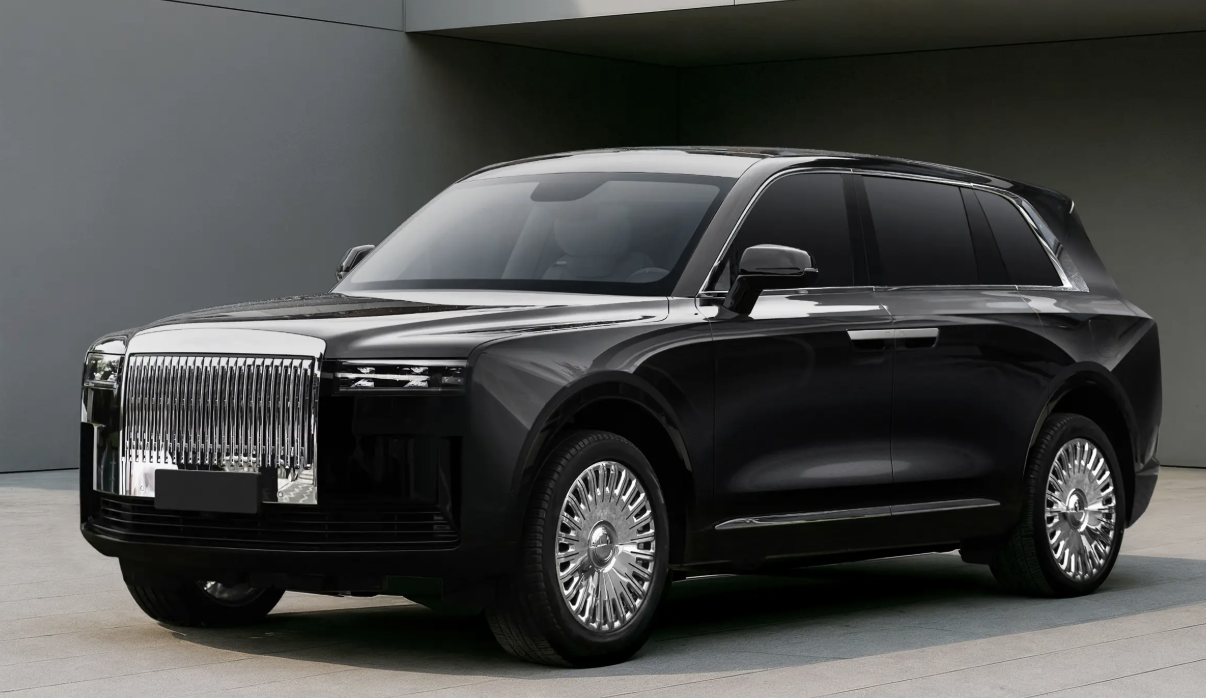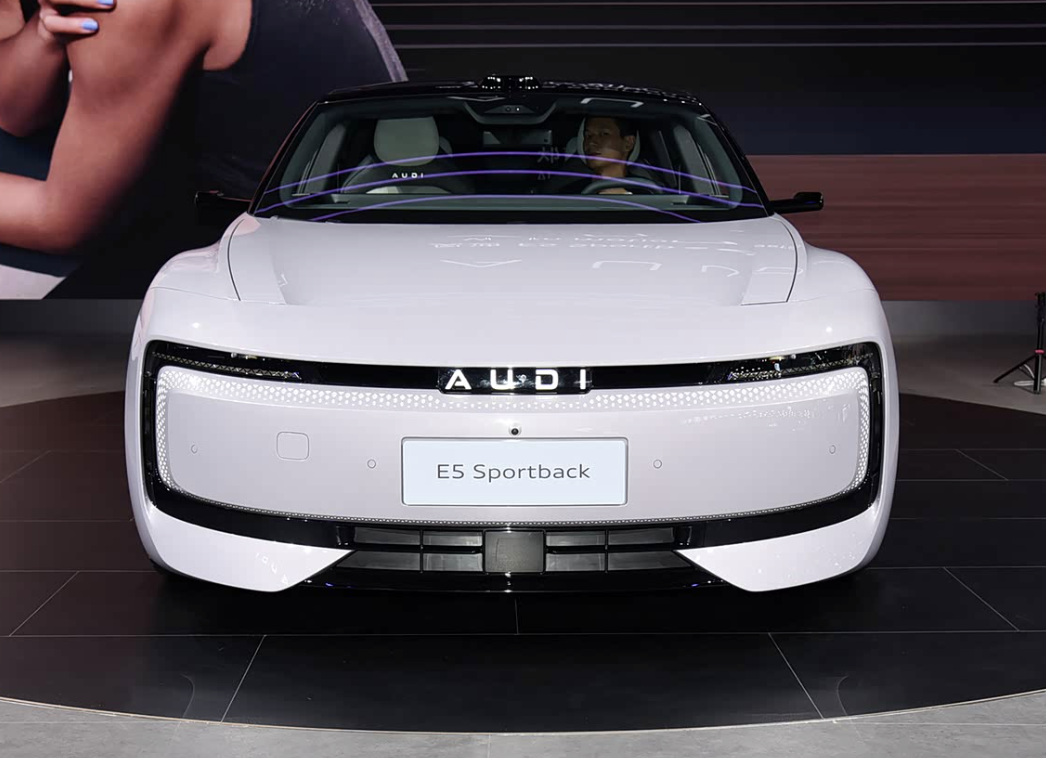On October 7, Mercedes-Benz Group announced its global sales results for the third quarter of this year.
According to the data, Mercedes-Benz sold 525,300 vehicles globally in the third quarter, a 12% decline compared with the same period last year. Among them, passenger car sales were 441,500 units, and van sales were 83,800 units. Specifically, new energy vehicle (NEV) sales reached 96,300 units, marking a 10% year-on-year increase.
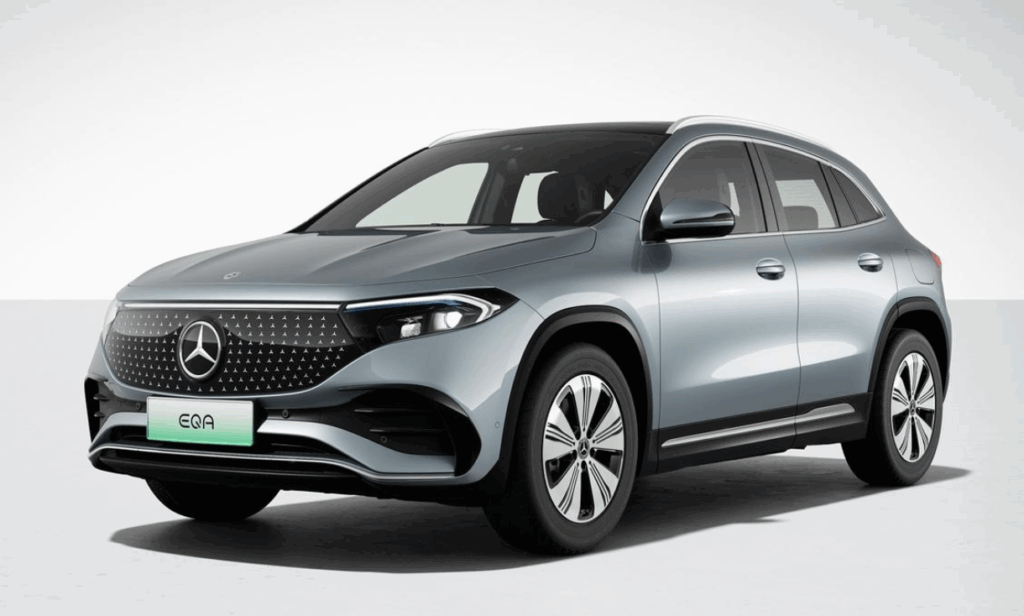
In the U.S. market, Mercedes-Benz sold 80,000 vehicles, a 17% decrease year over year. In Europe, sales rose by 2% to 160,800 units. In China, sales dropped 27% to 125,100 units compared with the same period last year.
Regarding the decline in sales in the U.S. and Chinese markets, the company attributed it mainly to market conditions and tariff policies.
Mathias Geisen, a member of the Board of Management of Mercedes-Benz Group, commented:
“Despite the impact of the Chinese market environment, we performed well in Europe, South America, and the Gulf countries. The electric CLA has received positive market feedback, driving a 22% quarterly increase in electric vehicle sales. Our new products are bringing renewed momentum and anticipation to the market.”
It is worth noting that the rapid rise of China’s new energy vehicle sector has affected all traditional luxury car brands. Besides Mercedes-Benz, BMW Group, Porsche, and Audi have all seen declines in sales in China.
Data shows that in the third quarter, BMW Group delivered 588,300 vehicles worldwide, an 8.8% year-on-year increase. In China, however, deliveries fell 0.4% to 147,121 units.
In the first half of this year, Porsche delivered 146,391 vehicles globally, a 6% decrease year over year. Its sales in China dropped the most—28%—to 21,302 vehicles.
During the same period, Audi’s sales in China totaled 287,600 units, a 10.2% decrease year on year.
Before the rise of NEVs, China’s luxury car market was dominated by German brands—BBA (BMW, Benz, Audi)—which held over 75% market share. Data indicates that in 2023, BBA’s combined sales in China reached 2.3 million units.
However, as competition among domestic NEV makers intensifies and price wars escalate, BBA’s market share has sharply contracted. Last year, Mercedes-Benz sold 683,600 vehicles in China, down 7% year on year.
This decline is partly linked to Mercedes-Benz’s slow transition to electrification. Although the company launched its EQ electric brand, sales have been lackluster.
In August, EQ model sales were as follows: EQB – 294 units, EQE SUV – 234 units, EQA – 194 units, and EQE sedan – 142 units.
At present, not only Mercedes-Benz but also other traditional luxury brands face similar challenges in both sales decline and electrification transition.
According to official plans, Mercedes-Benz will unveil its largest-ever lineup of new models at this year’s Munich Motor Show, including the all-electric GLC and electric C-Class.
Next year, the company will launch several new EVs, including the new GLC Electric, CLA, CLA Shooting Brake, and Electric C-Class, further expanding its electric vehicle portfolio.
With the introduction of these new models, Mercedes-Benz’s sales performance in China is expected to improve in the coming quarters.
